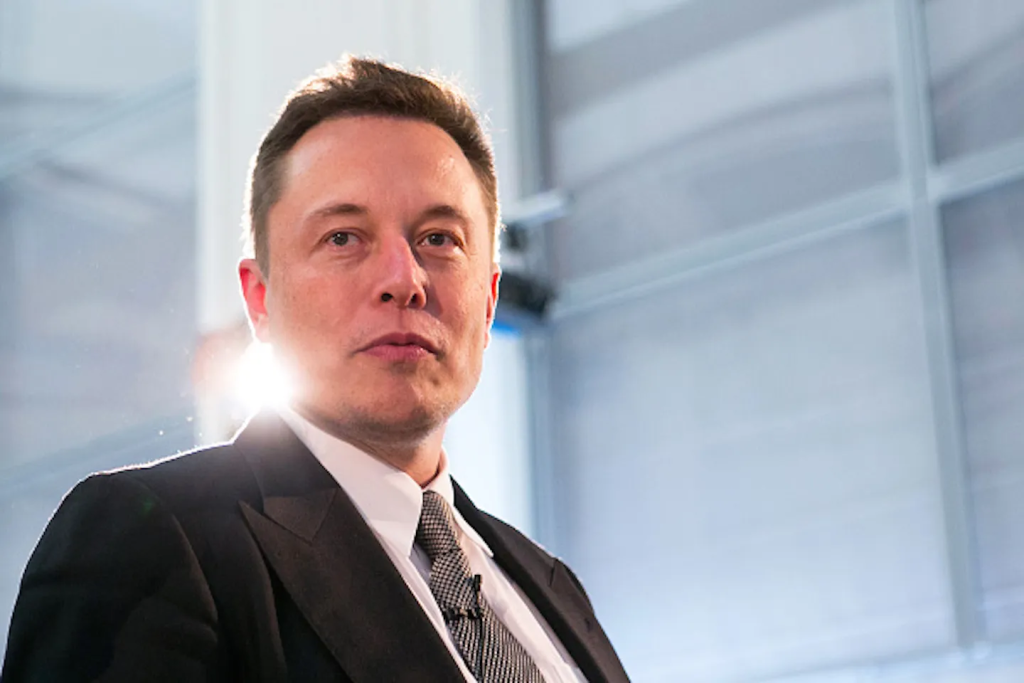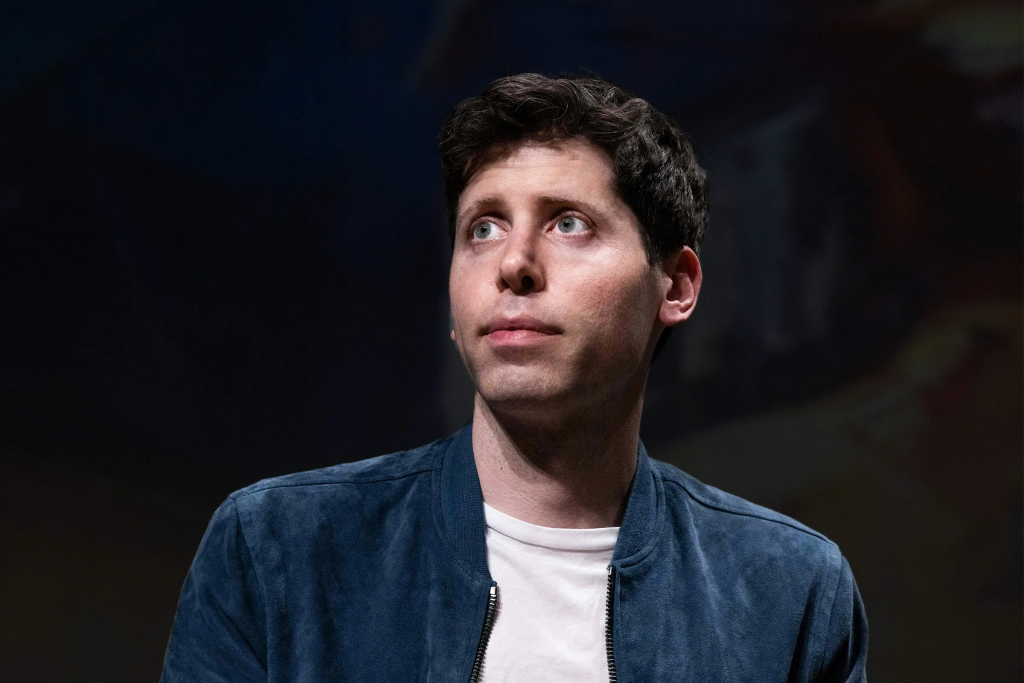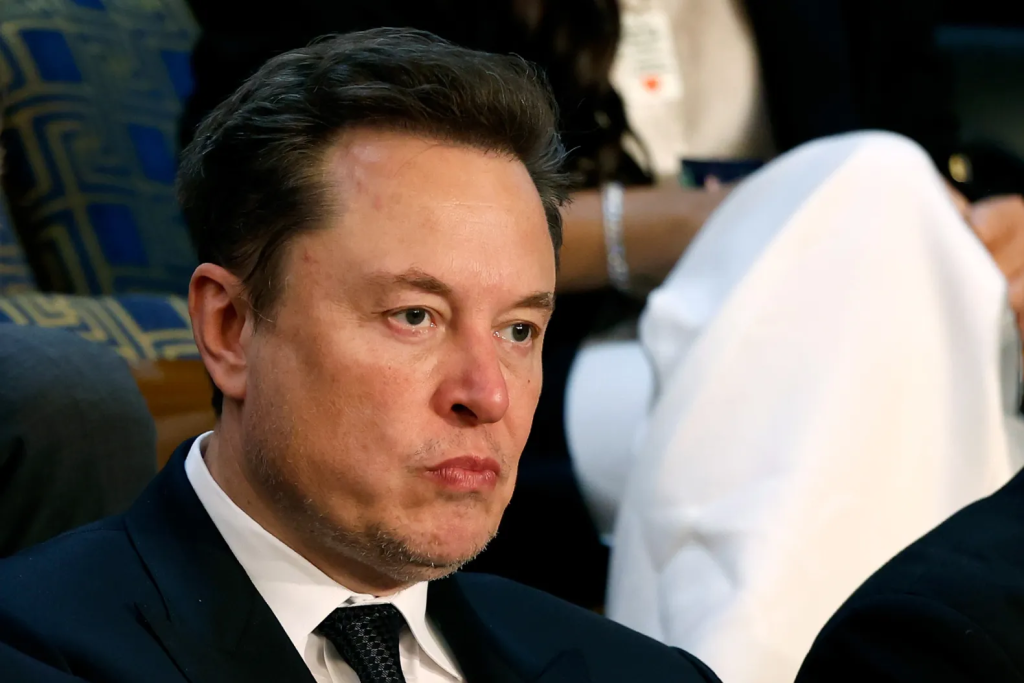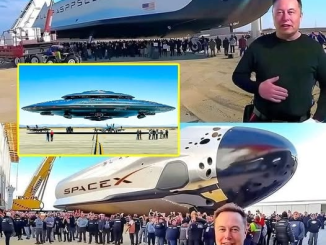
💥Shocking Twist💥 Elon Musk Sues OpenAI in Legal Showdown Over a $40 Billion AI Future He Helped Build—But No Longer Controls
In a dramatic and unexpected turn, Elon Musk has filed a lawsuit against OpenAI, the artificial intelligence company he co-founded in 2015, igniting a legal and ideological firestorm over the future of AI—and who gets to shape it.

The lawsuit, filed in California Superior Court, accuses OpenAI and its CEO Sam Altman of “betraying the founding mission” by prioritizing profits over public benefit, and aligning too closely with Microsoft in a partnership now valued at over $40 billion.
⚖️ The Lawsuit That Shook Silicon Valley

Musk’s complaint alleges that OpenAI, originally established as a non-profit to build safe and open artificial general intelligence (AGI), has veered off course. The crux of his claim? That the company is now operating as a “closed-source profit engine” under Microsoft’s influence, locking away powerful AI tools that were meant to be shared with humanity.
“OpenAI was founded to benefit humanity—not Microsoft shareholders,” Musk’s legal filing states.
“The path they’ve chosen turns AGI from a safeguard into a weapon of corporate control.”
He’s demanding that OpenAI return to its open-source roots or unwind its partnership with Microsoft—an ask that some legal analysts say is nearly impossible.
🤖 A Clash of Visions

This isn’t just a legal fight—it’s a philosophical battle.
When Musk co-founded OpenAI, his goal was to democratize AI development to prevent a single company—or country—from dominating the technology that could one day rival human intelligence. But in 2018, Musk stepped away from the company, citing strategic differences.
Now, he claims he’s watching his creation mutate into the very thing he feared.
Meanwhile, OpenAI has defended its direction, arguing that commercialization is necessary to fund the safe development of AGI—and that Microsoft’s cloud infrastructure has enabled breakthroughs like GPT-4.
🔍 Microsoft in the Crosshairs

Though not a named defendant, Microsoft is clearly a shadow target in the lawsuit. The tech giant has invested over $13 billion in OpenAI and integrated its models into products like Bing, Office, and Azure.
Musk’s legal team alleges that OpenAI has become a “de facto subsidiary” of Microsoft, blurring the line between nonprofit research and billion-dollar product launches.
🌐 The Bigger Stakes: Who Controls AGI?
The lawsuit comes at a time when AI is rapidly transforming industries, governments, and daily life. Tools like ChatGPT, DALL·E, and Codex have demonstrated the potential—and peril—of this new era.
At the heart of the fight is the question: Who will control artificial general intelligence? Will it be a handful of trillion-dollar corporations—or will it remain a public good, as Musk once envisioned?
💬 Musk’s Other Moves
The lawsuit also coincides with the rise of xAI, Musk’s own AI company launched in 2023. Critics say the lawsuit is a publicity stunt designed to bolster xAI’s credibility and rally support from tech libertarians and AI ethicists.
Musk denies this, stating on X:
“This is not about competition. It’s about principle.”
Still, the timing is conspicuous—and the court of public opinion is deeply divided.
🧠 From Partners to Rivals
The legal battle marks a stunning reversal in the relationship between Musk and Sam Altman—once allies in the mission to protect humanity from rogue AI. Today, they’re on opposite ends of one of the most consequential debates of the century.
Musk warns of AGI falling into the wrong hands. Altman argues that controlled commercialization ensures progress is both rapid and responsible.
Both may be right. But only one will win this fight.
🔮 What Happens Next?
The case is expected to drag on for months, if not years, with implications that reach far beyond Tesla, OpenAI, or Microsoft.
If Musk wins, it could unravel the most powerful AI partnership on Earth. If he loses, it could cement corporate control over the most transformative technology since the internet.
Either way, one thing’s certain:
The future of artificial intelligence just got a lot more personal.


